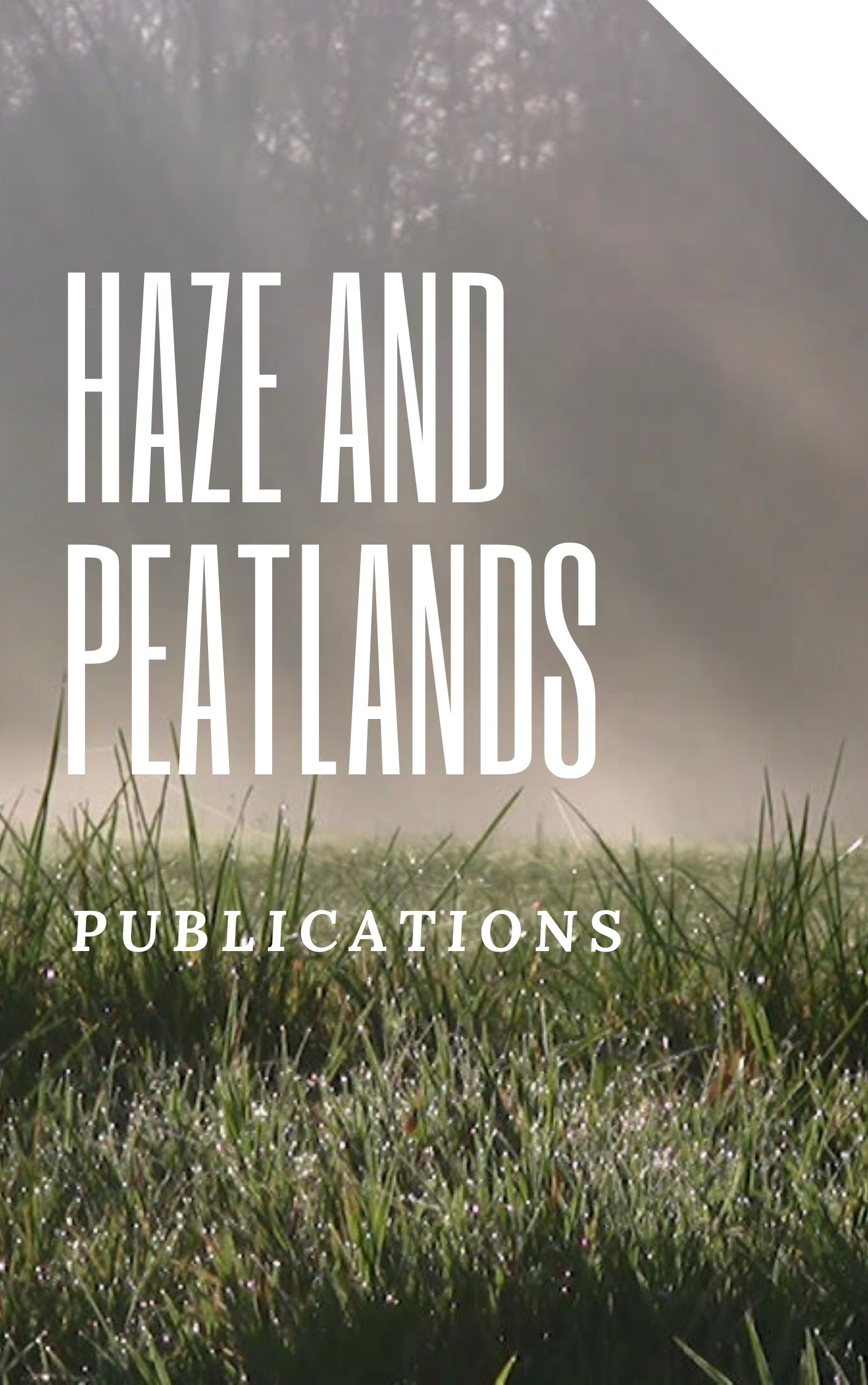Crucial issues in rice fields production in Indonesia are narrow planting areas, small farming scale and improper cultivation techniques. The Indonesian government also faced issues and problems regarding fulfilment the need of rice-farm area due to the conversion of intensive rice fields to non-agriculture. Efforts to develop integrated and sustainable rice field agriculture are needed to overcome the threat of rice field reduction, increase the productivity of rice fields, and increase farmers' income and welfare. The intention of this study was to develop a model of rice field in an integrated and sustainable manner based on Rice Estate Community and Smart Farming (REC-SF). To get easily implemented model, participatory method was used through series of audiences and focus group discussion activities involving the main stakeholders. As a breakthrough for traditional agricultural solutions on narrow land, this model included land consolidation to reach minimum rice field area for profitable economic scale, strengthening institutional system, productivity target along with required cultivation inputs and techniques, support for information technology system, agroindustry, and marketing-selling reinforcement. Developed REC-SF model is expected to be more easily implemented and accepted by the farmers to achieve a collective farm business in a large rice-farm area. © Published under licence by IOP Publishing Ltd.
View source

